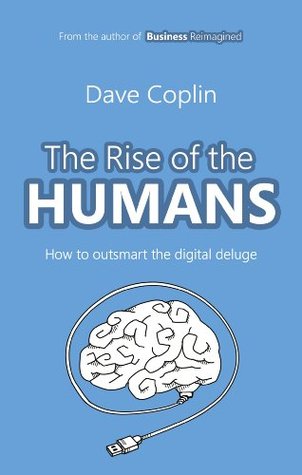More on this book
Kindle Notes & Highlights
we often now focus on the process of work rather than what it’s meant to produce.
8 The study showed, amongst other things, that 30% of knowledge workers had no time at all for thought and reflection during their day, and 58% had only between 15 and 30 minutes.
Our research shows that periods of high external interruptions are followed by periods of high self-interruptions. This suggests that people may be conditioned to self-interrupt.
And what about privacy? The Germans have a neat expression for our datafied world: they call the online versions of us der gläserne Mensch – humans that to the observer are as transparent as glass.
In the 1980s, Hans Moravec and a few of his colleagues established “Moravec’s paradox” – essentially the fact that contrary to our traditional assumptions, high-level reasoning requires comparatively little computation, but low-level sensor motor skills require enormous computational resources.


